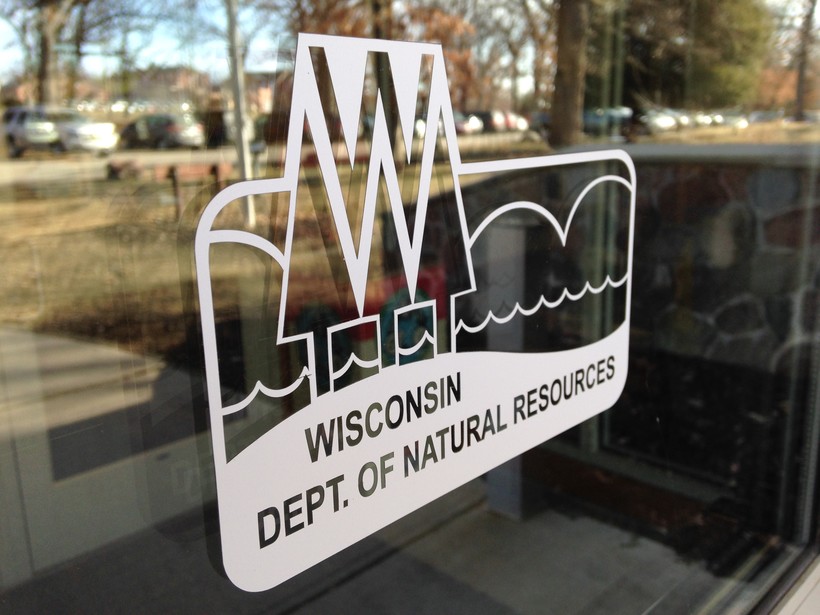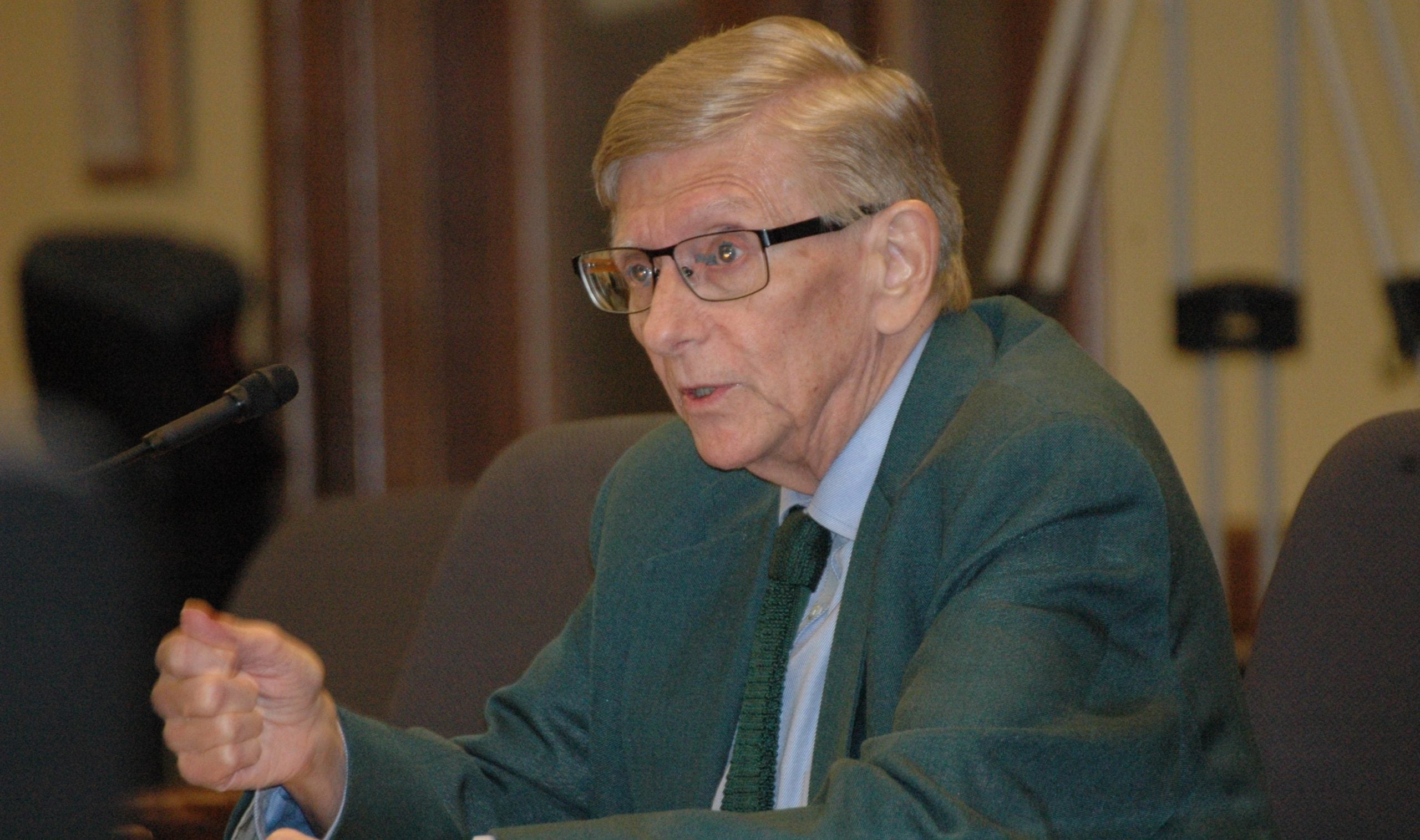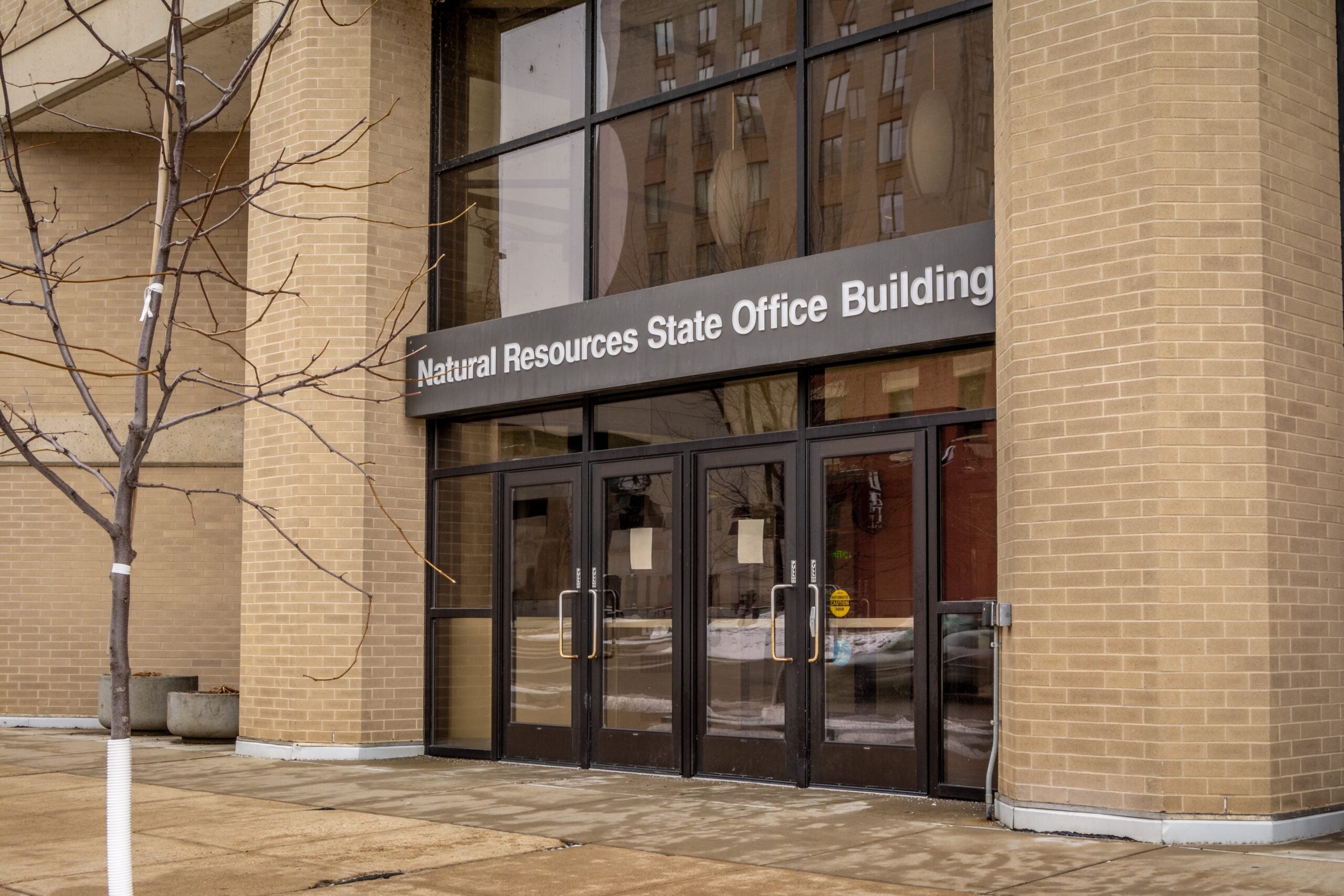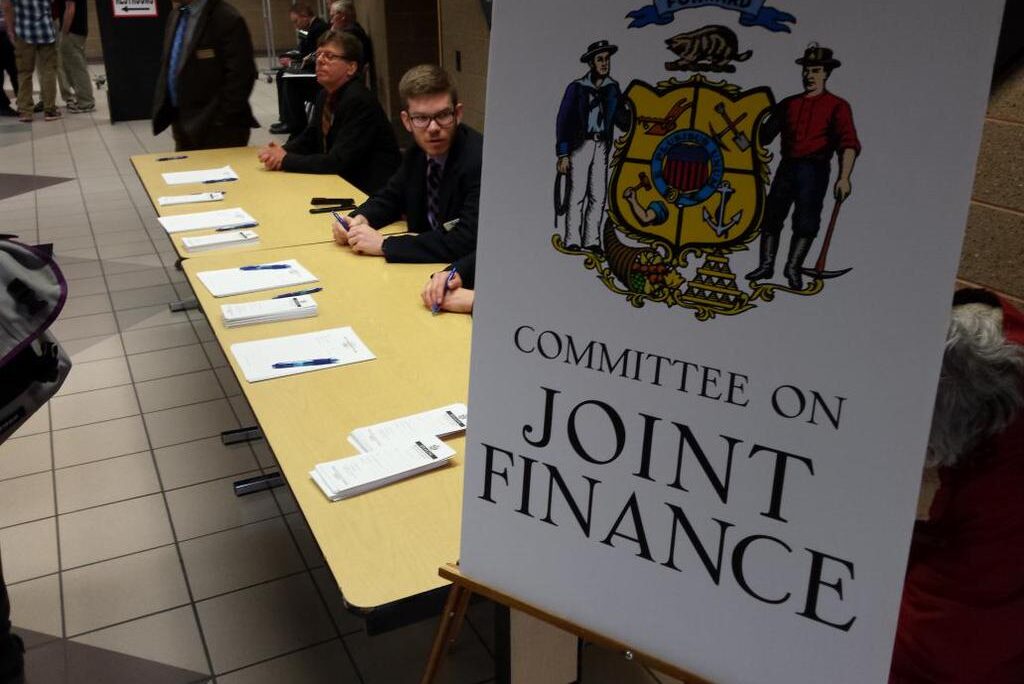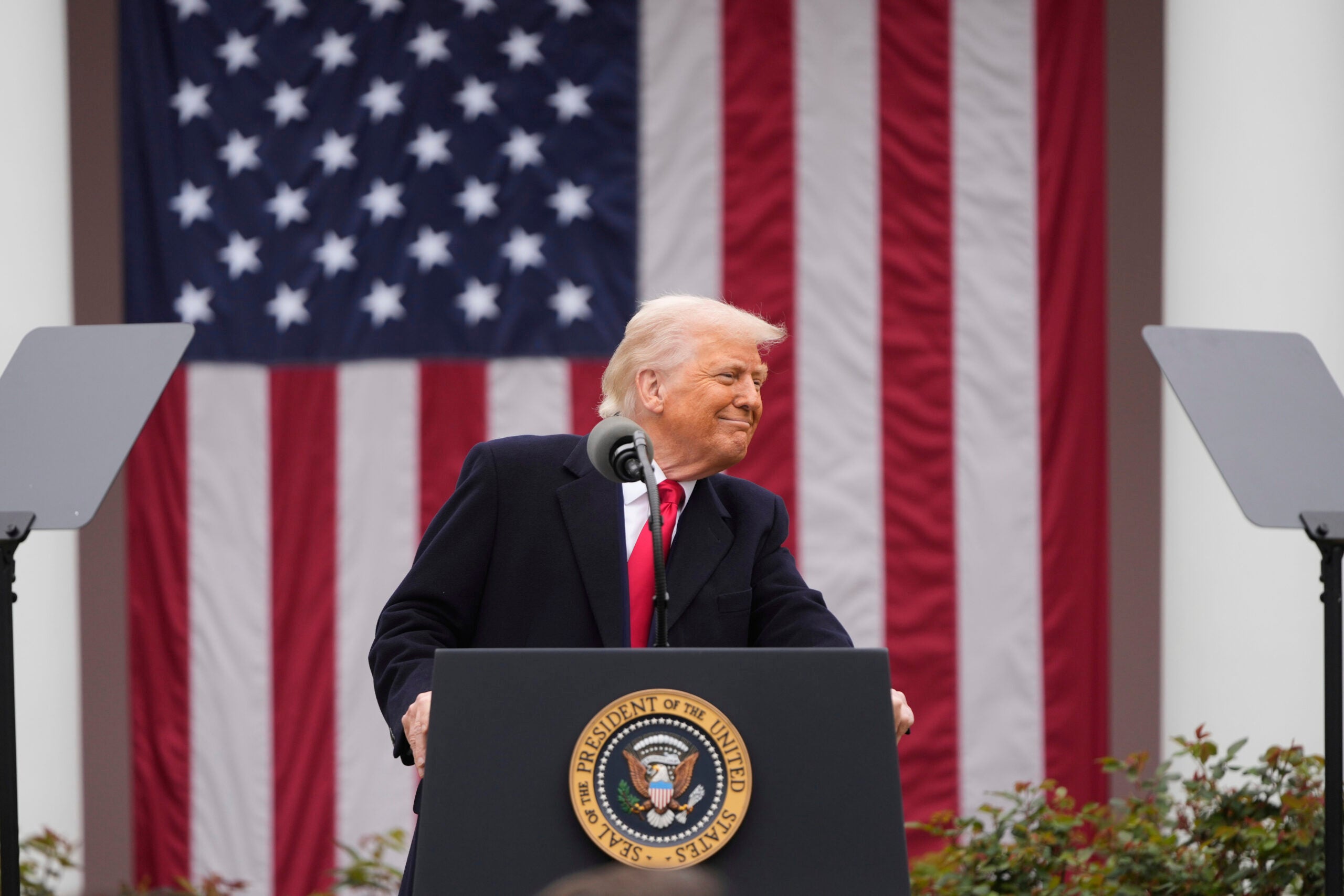The Legislature’s budget committee will soon consider Gov. Scott Walker’s proposal to cut about one-third of the Wisconsin Department of Natural Resources’ budgeted science positions.
The cuts target the Bureau of Science Services, the arm of the DNR charged with conducting research to help the agency make informed decisions on issues ranging from wildlife management to pollution. The bureau currently has 59 budgeted positions. Under Walker’s proposal, 18 of those would be eliminated.
Bureau scientists have been responsible for a wide range of projects around the state in carrying out their research mission over the years. For example, they’ve collaborated with the University of Wisconsin to explore the southern movement of bears. More recently, DNR biologists led an effort to move stranded northern pike from a wetland into the waters of Green Bay.
News with a little more humanity
WPR’s “Wisconsin Today” newsletter keeps you connected to the state you love without feeling overwhelmed. No paywall. No agenda. No corporate filter.
Some UW-Madison scientists heap praise on the DNR’s work. Professor Steve Carpenter, who directs the campus’s Center for Limnology, said the UW and DNR have been collaborating on projects for a long time, including on one involving a large Madison lake.
“A group of DNR managers and scientists worked with university scientists and came up with a plan to change the food web of Lake Mendota, and in the process created an outstanding walleye fishery and improved the water quality of the lake,” said Carpenter.
UW Wildlife Ecology Professor Tim Van Deelen, a former DNR scientist, said DNR staff often help actively monitor experiments, including some focusing on deer.
“They’re responsible for the study design, for altering the design when circumstances call for it, for interpreting the data, maintaining data quality — and then feeding that information back in almost real time to the stakeholders committee that advise the management folks,” said Van Deelen.
Walker has started to publicly waver a little on some of his proposed budget cuts, but on Earth Day — soon after dozens of DNR employees got preliminary layoff notices — the governor took a firm stand on the science reductions.
“We believe that going forward, that science should drive decisions of the Department of Natural Resources, but that we do it as an as-needed basis,” he said.
At a recent forum at UW-Madison, former DNR Secretary George Meyer, who is now with the Wisconsin Wildlife Federation, joked that science is not driving DNR decisions — touching on concerns critics have had about the positions the agency has taken recently.
“Let me just start out by saying, you know what the difference is between a former DNR secretary and a current DNR secretary? I can say ‘climate change,’” said Meyer.
During the forum, Meyer questioned Walker’s idea to contract out more DNR research. Meyer said the UW, for example, charges overhead costs that would dissolve any savings to the state budget.
He ultimately said he thinks the Walker administration and state lawmakers may just settle on eliminating some vacant science positions at the DNR.
Until the issues are resolved, current DNR science employees aren’t saying much. Jeff Myers, president of the Wisconsin Science Professionals union local at the DNR, said his members are just trying to do their job.
“We are often advising people in terms of, what you would do if this policy went into effect or that policy went into effect. We’re basically technical people who help people make decisions,” said Myers.
Now, elected officials at the state Capitol will decide what the DNR scientists can do next.
Wisconsin Public Radio, © Copyright 2026, Board of Regents of the University of Wisconsin System and Wisconsin Educational Communications Board.
